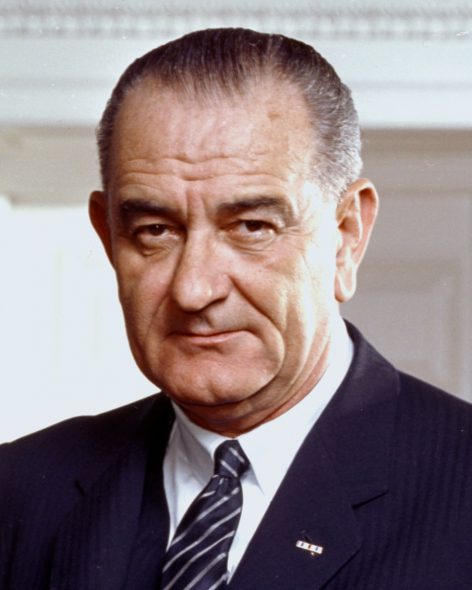The Impact of Medicare and Medicaid
Countless millions have benefitted. But Republicans want to slash the benefits.
Medicare and Medicaid will celebrate their 53rd birthday on July 30. Since the programs’ inception, millions of elderly, low-income, and disabled Americans have benefited from crucial health care coverage. This coverage helps individuals afford hospital stays, fill prescription drugs, and access preventative care.
The proposals, packaged together under the Social Security Amendments of 1965, were signed into law by President Lyndon B. Johnson in Independence, Missouri. The concept was simple: people would contribute during their working years and insure themselves against health ailments during old age or poverty.
At the time, more than 18 million Americans were age 65 or older, and about a third of all seniors lived in poverty. Many seniors feared that medical expenses would wipe out saving and limited incomes, and almost half of Americans aged 65 and older had no health insurance.
During the bill signing, President Johnson detested the “injustice which denies the miracle of healing to the old and to the poor.” The 1965 proposals were to end this perceived injustice, and strengthen the health and economic status of millions of vulnerable Americans.
By the end of 1966, 24 million Americans were insured by Medicare and Medicaid. The programs marked an era of healthier communities and increased financial independence. Just ten years after the 1965 Act, Medicare and Medicaid helped cut the poverty rate among seniors by 47.4 percent.
Despite the success of the programs, federal and state officials have sought to reduce access to health care coverage. The House Republican budget offered this June would cut funding for Medicare by $537 billion. It would also shuffle Medicare enrollees toward a “voucher system” to purchase private insurance. Medicaid and other affiliated programs would be cut by $1.5 trillion, and recipients would have to jump through new bureaucratic barriers.
At the state level, a refusal to expand Medicaid – as 32 states have already done – has cost state taxpayers $190 million a year, $1.07 billion in total, all while covering fewer individuals. This is in addition to Governor Walker’s 2013 decision to reduce income eligibility limits for Medicaid, which resulted in 63,000 Wisconsinites losing their Medicaid coverage.
Instead of making it harder for individuals to receive health care – and live independent lives – we need to expand access to it. That means protecting Medicare and Medicaid this birthday and beyond.
State Senator Patty Schachtner represents Wisconsin’s tenth senate district. The district covers parts of Burnett, Dunn, Pierce, Polk, and St. Croix counties.
Op-Ed
-
Unlocking Milwaukee’s Potential Through Smart Zoning Reform
 Jul 5th, 2024 by Ariam Kesete
Jul 5th, 2024 by Ariam Kesete
-
We Energies’ Natural Gas Plans Are A Mistake
 Jun 28th, 2024 by John Imes
Jun 28th, 2024 by John Imes
-
Milwaukee Needs New Kind of School Board
 Jun 26th, 2024 by Jordan Morales
Jun 26th, 2024 by Jordan Morales























The government takes almost 15 percent out of your income each pay period for the programs Medicaid, Medicare and Social Security and if you do not comply you can be incarcerated. All the programs are insolvent and the Democratic Socialist answer is to tax the common man more. Even better they want to give free basic income to the unemployed and the illegals. So be grateful and don’t work to hard ofrthe leftist will punish you.
Just to clear up the “insolvency” issue — Social Security Trust Fund anyway: The TF currently has four times (4X) more money than it needs for one function;
and five times (5X) less than it needs for the other.
Four times as much as needed to cover a temporary gap in payout due to FICA tax shortfall — until Congress gets around to raising the payroll tax. Legal definition of TF solvency is one year (1) of full replacement. Five times less than needed to pay for today’s retiring baby boomers until their years run out — which would come to something like twenty years full replacement.
Good thing there are not twenty years of full replacement in the TF — depending on income tax payers to cash out — or cut benefits. Why did baby boomers spend 40 years saving four years of pay back? Crazy system? Want to do it over again? :-O